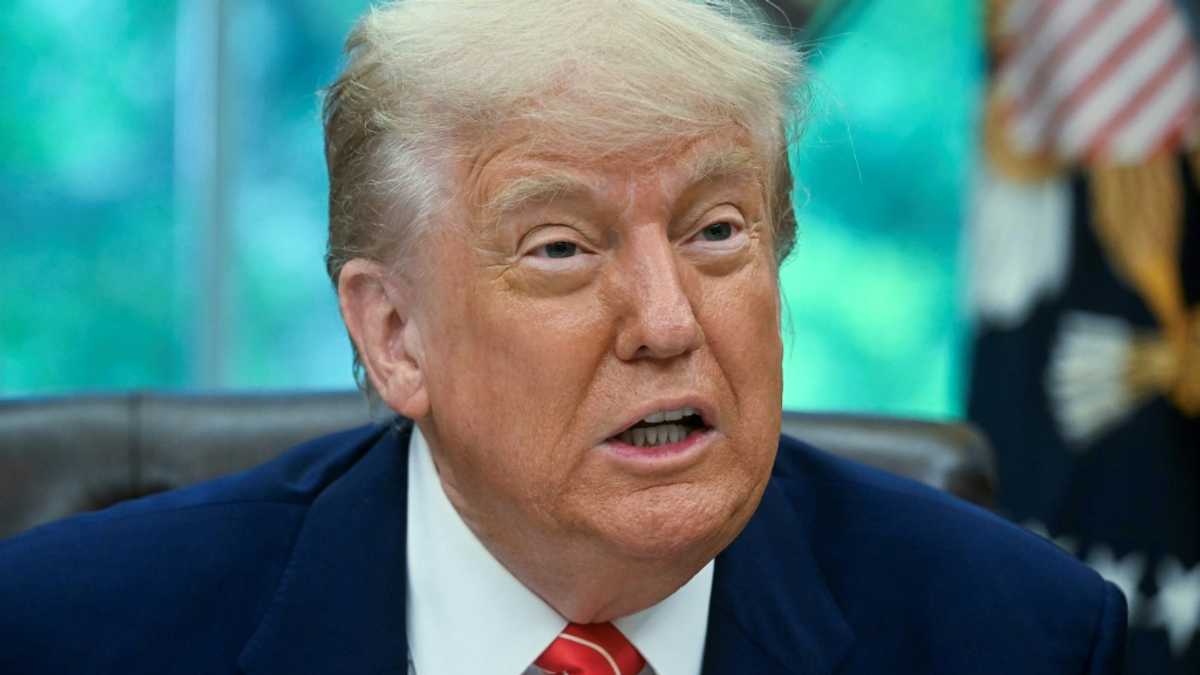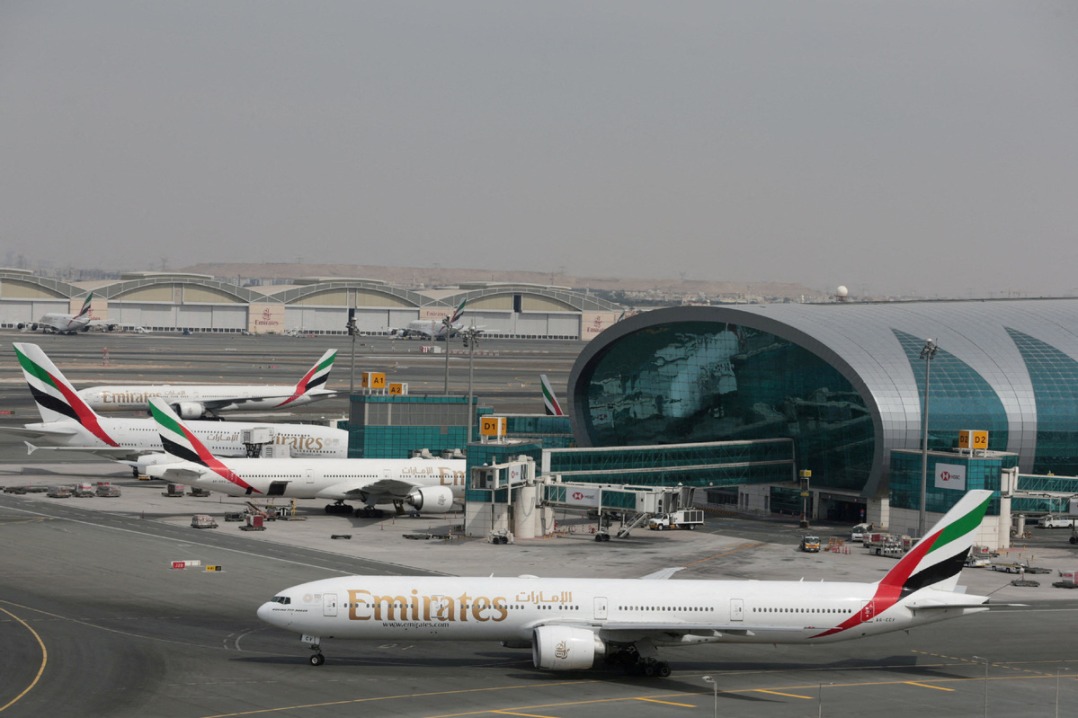Trump's Suggestion of Lowering China Tariffs

US President Donald Trump has suggested the possibility of lowering tariffs on Chinese imports, potentially reducing them to 80 percent. This proposal comes as the United States and China prepare for trade talks in Geneva, aimed at de-escalating trade tensions that have roiled international markets.
In a post on his Truth Social platform, Trump mentioned the 80 percent tariff level, a significant decrease from the current cumulative duties on some Chinese goods, which reach as high as 245 percent. He indicated that Treasury Secretary Scott Bessent would discuss the matter with China's Vice Premier He Lifeng during the weekend talks.
While Trump did not specify whether the 80 percent tariff should be the final level or an interim measure, China has retaliated with 125 percent levies on US goods. Trump also emphasized that China should open up its market to the USA, believing that closed markets are no longer effective.
Despite the ongoing trade war, Chinese official data revealed that the country's global exports rose in April. Experts attribute this 8.1-percent rise to Beijing's strategy of re-routing trade to Southeast Asia to offset the impact of US tariffs, as exports to the United States fell 17.6 percent. This shift indicates a real-time realignment of the global supply chain.
China has maintained that the United States must first lift tariffs and has vowed to defend its interests. Bessent clarified that the meetings in Switzerland would focus on de-escalation rather than a comprehensive trade deal. However, Trump acknowledged that reducing levies was a possibility.
Trump's Truth Social post followed the unveiling of a trade agreement with Britain, the first such deal since he initiated a series of global tariffs. He expressed hope that difficult talks with the EU and China could soon yield positive results. Several countries have sought talks with Washington to mitigate the effects of Trump's tariffs, which range from 10 percent for many countries to the higher rates imposed on China.
Major stock markets generally rose on Friday, driven by growing optimism that tariff tensions would ease. US futures were up, and European markets showed gains after a mixed performance in Asia. The Frankfurt DAX index reached a record high before Trump's social media post, recovering from losses caused by the April tariff announcements.
The trade deal with Britain involves Washington lowering levies on British cars and eliminating them on steel and aluminum. In return, Britain will open its markets to US beef and other farm products, while maintaining a 10 percent baseline levy on British goods.








